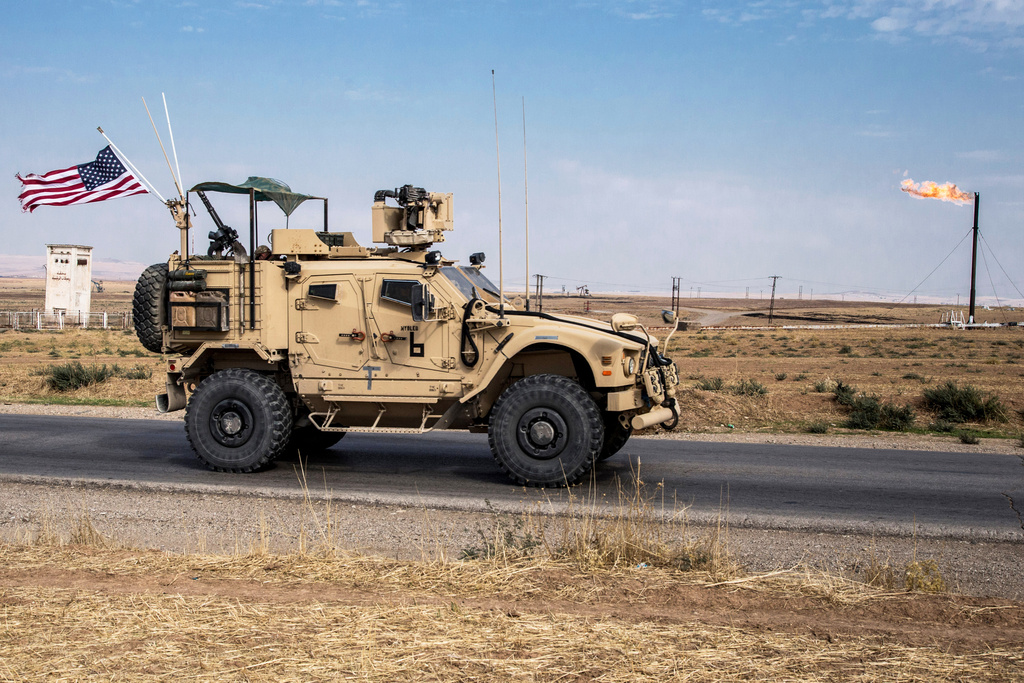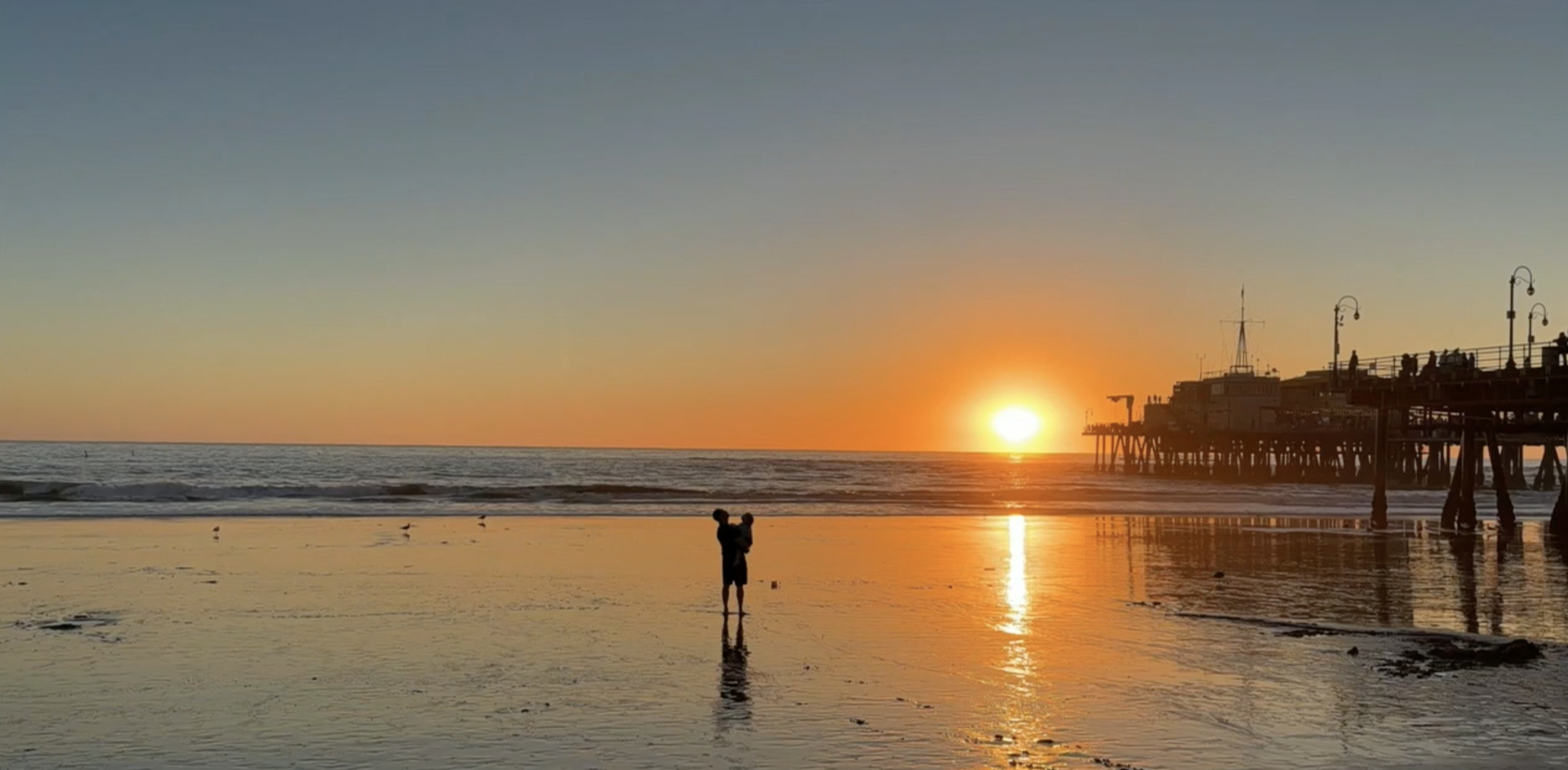Sweden is still looking for that submarine off its coast, but the nearby Baltic states are battling incursions of their own this week, including a Russian aircraft that violated Estonian airspace.
NATO announced Wednesday that it had scrambled F-16 fighter jets to intercept a Russian spy plane, which entered Estonian territory for around a minute Tuesday before it was turned away. Estonia is a member of NATO.
Russian military activity has been on the rise this year, with the Baltic states and Finland complaining of Russian aircraft and military vessels frequently approaching their borders. An Estonian security agent was even captured in a cross-border raid by Russian troops last month. (Video via RT)
A reporter for Newsweek put it this way: "While the world is watching Ukraine, Russia is engaging in a much more important power game here in the Baltic Sea region."
And what game is that? It's a question stretching back several months, but foreign policy analysts mostly seem to agree — Putin wants more territory.
Just like the annexation of Crimea from Ukraine earlier this year and during the Georgia conflict in 2008, Putin watchers say the Russian leader has long-term plans to claim territory from Belarus to Finland.
One of those analysts is Andrei Illarionov, who was Putin's closest economic advisor for five years. Now a fellow at the Cato Institute, he insists Putin sees any area with a history of Russian rule as part of the Russian nation — regardless of which country they belong to now. (Video via Republic of Latvia)
NATO and the U.S. are aware of Russia's actions — and the fact that the Baltic states are nervous. President Obama tried last month to assure leaders from the three countries that NATO would not hang them out to dry.
"We'll be here for Estonia, we will be here for Latvia, we will be here for Lithuania. You lost your independence once before. With NATO, you will never lose it again."
The problem, though, is that while Obama has pledged more military support to the region, Russian attacks are likely to take a different form: information warfare.
Just like in Crimea, Russia is already deploying a heavy dose of propaganda, including news outlets and TV channels pushing conspiracy theories, to stir up unrest in Estonia, making it easier to chip away at the border over time.
NATO military commander Philip Breedlove called it "what I think is probably the most amazing information warfare blitzkrieg we have ever seen in the history of information warfare."
The U.S. and other NATO allies have pledged thousands of additional troops to help protect the Baltic countries, but it's not yet clear how the West plans to counter the stream of pro-Russian propaganda in the form of Russian cable channels.
This video includes images from NATO, Kirill Naumenko / CC BY SA 3.0 and Getty Images.










